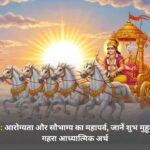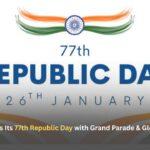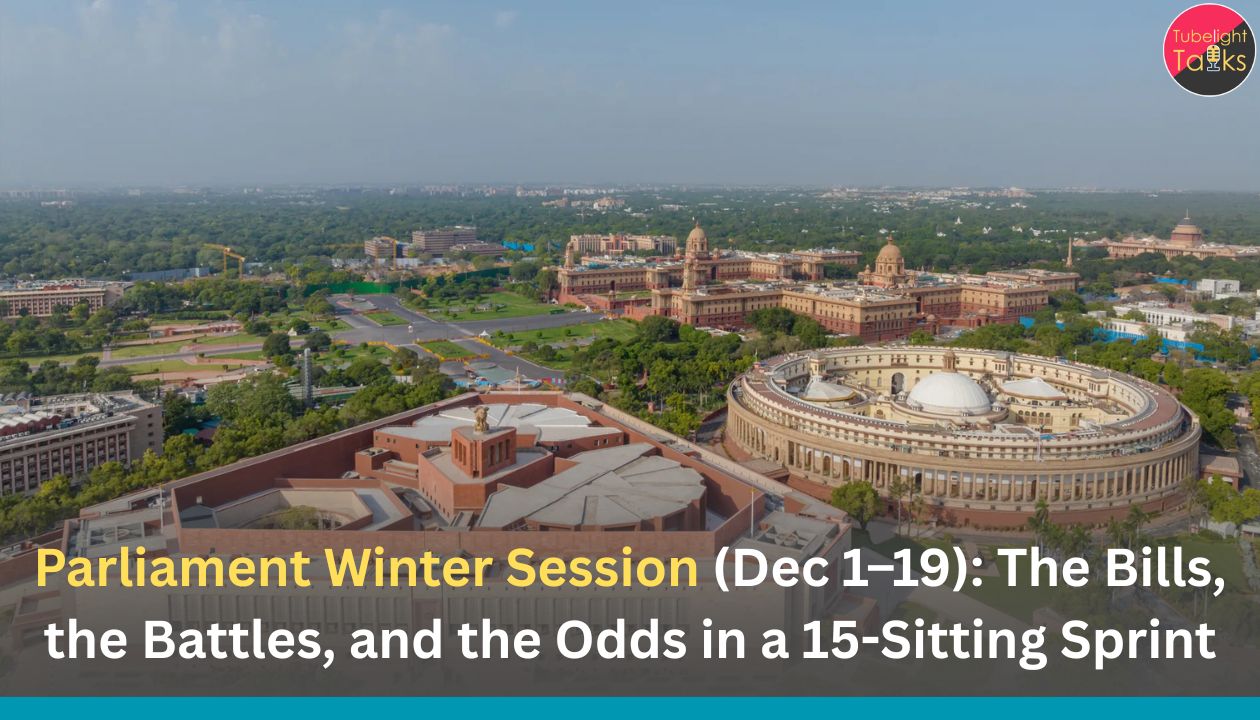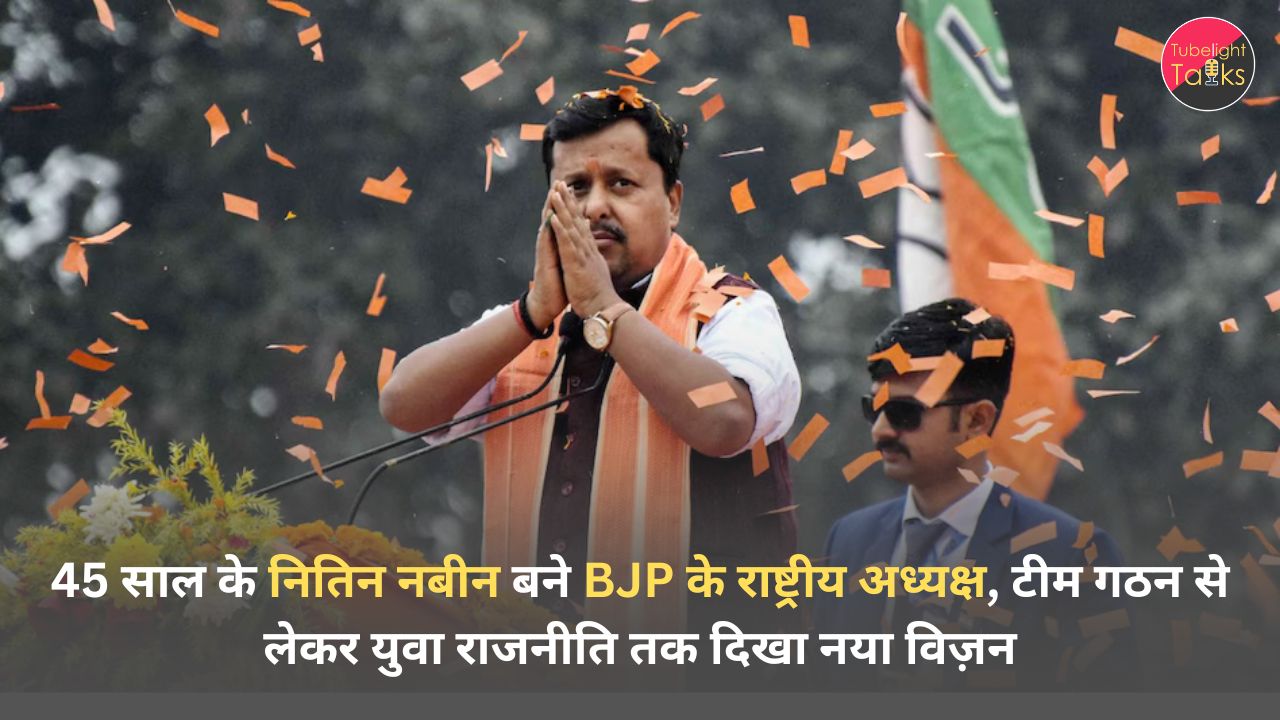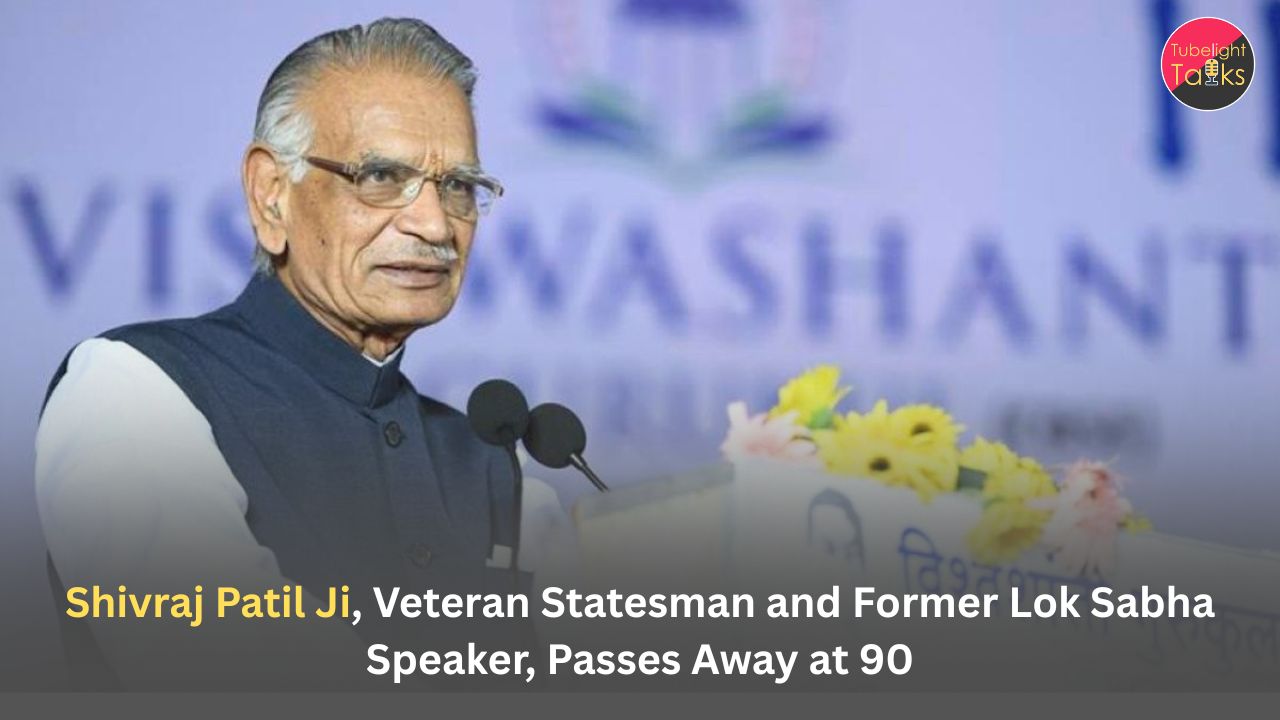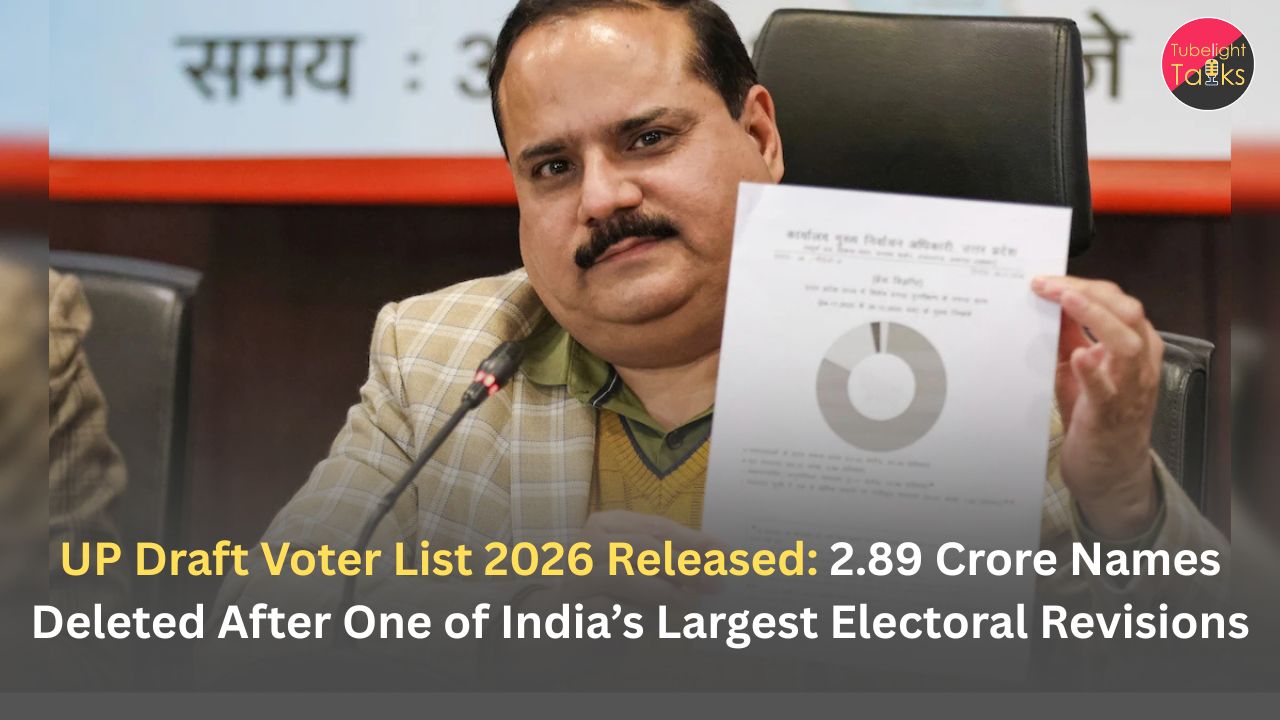India’s Parliament Winter Session is scheduled for December 1–19, 2025 a 15-sitting window flagged by the Opposition as “truncated,” and by the Speaker as a time for orderly, meaningful debate. With temperatures high over the Special Intensive Revision (SIR) of electoral rolls, the floor strategy will be as important as the bill list.
This preview compiles official dates, committee status, and credible watchlists: the 129th Constitution Amendment (simultaneous elections), the 130th Amendment (removal of Ministers on detention), Jan Vishwas (Amendment) Bill, 2025, the IBC overhaul, and the must-pass Supplementary Demands for Grants/Appropriation—plus what can realistically clear both Houses in just 15 sittings.
Session basics: dates, duration, political temperature
- Dates & sittings: Dec 1–19, 2025 (15 sittings), approved by the President and announced by the Parliamentary Affairs Minister.
- Opposition stance: parties have criticised the duration as unusually short and “delayed,” promising to press for debates.
- Speaker’s call: Om Birla has urged orderly conduct and no planned disruptions, emphasising “meaningful debate.”
- What that means: Expect tight scheduling by Business Advisory Committees, clubbed debates, and guillotine on some Demands for Grants—routine in short sessions. (For context on grants and appropriations timing, see prior practice.)
The legislative big-ticket: where key proposals stand
129th Constitution Amendment—Simultaneous Elections (ONOE)
What it does: Enables simultaneous Lok Sabha + State Assembly elections, with enabling changes and a framework already examined by a Joint Parliamentary Committee (JPC) since early 2025.
Status: In Committee; multiple expert interactions held through 2025. A report table in Winter could move it to debate, but floor math (special majority in both Houses) and possible state ratification considerations loom large.
Feasibility in 15 sittings: Low-to-moderate unless the JPC tables a consensus report early and the Government prioritises time. (Constitutional amendments need special majorities; ONOE has been politically contentious.)
Primer: Text and objects/reasons of the introduced Bill are public; see the official PDF and credible summaries.
130th Constitution Amendment—Removal of Ministers on Detention
What it does: Amends Articles 75, 164 & 239AA to provide for removal of the PM/CMs/Ministers if arrested and detained for 30 consecutive days on serious charges (5+ year offences). Linked UT bills extend the framework to Puducherry and J&K.
Status: Introduced Aug 20, 2025; referred to a Joint Committee (composition under discussion), drawing sharp opposition criticism.
Feasibility in 15 sittings: Low unless the Committee files a quick report and cross-party buy-in emerges. As a constitutional amendment, it needs a special majority; whether state ratification applies will be tested against Article 368 criteria on the extent of state executive power.
Jan Vishwas (Amendment of Provisions) Bill, 2025—“2.0” Decriminalisation
What it does: Decriminalises/rationalises hundreds of minor offences across multiple Acts to boost ease of living & doing business—the Union sequel to the 2023 reform. Select Committee scrutiny is underway.
Status: Introduced Aug 18, 2025; in a Select Committee chaired by Tejasvi Surya. Government and PRS texts show scope across 16–17 central laws.
Feasibility in 15 sittings: Moderate-to-High if the Committee tables its report in time—historic Jan Vishwas-style bills have seen smooth passage once consensus text lands.
Insolvency and Bankruptcy Code (Amendment) Bill, 2025 Process Overhaul
What it does: Addresses procedural delays, group insolvency, cross-border cooperation, and clarifies initiation tests an overhaul signalled by the Government and widely briefed to industry.
Status: Introduced Aug 12, 2025; referred to a Select Committee (Chair: Baijayant Panda) with industry/legal advisories pointing to Winter Session passage post-report.
Feasibility in 15 sittings: High, provided the Select Committee report is tabled early; IBC changes often pass with bipartisan backing when aligned to NCLT capacity constraints and credit recovery.
Other watchlist items
- Promotion & Regulation of Online Gaming Bill, 2025 (MeitY): introduced/remains on the Government’s bills roster; sequencing depends on bandwidth.
- Income-tax Bill, 2025 (rewrite): introduced earlier this year but withdrawn per PRS; unlikely to return this session.
- Routine financial business: Supplementary Demands for Grants & the related Appropriation Bill(s) are the session’s must-pass items. Expect these to be taken up late in the window and cleared.
Committee room to House floor: what to expect procedurally
- JPC/Select timelines matter. The 129th (ONOE) sits with a JPC that has held multiple expert interactions; 130th is also under committee lens. The IBC and Jan Vishwas bills await Select Committee reports. No report, no floor action (beyond interim debates).
- Special vs ordinary majority. Constitutional amendments need special majorities in both Houses (and possible state ratification where federal/executive powers are affected); ordinary bills like IBC/Jan Vishwas need simple/ordinary passage after debate.
- Time-boxing. With 15 sittings, expect clubbed debates, time allotments by Business Advisory Committees, and late-evening voting days.
Opposition & floor issues: what could dominate Question Hour & Zero Hour
- SIR (Special Intensive Revision) of electoral rolls: Opposition parties have turned the SIR into a rallying cry (“vote chori”), alleging deletions and asking for transparency and time extensions. Expect coordinated demands for discussions under rules that allow voting.
- “Truncated session” charge: Parties argue 15 sittings constrain scrutiny; they may push for additional days or expanded debate time.
- Economy & prices: Even if not foregrounded, short-duration sessions often witness targeted debates on inflation, unemployment, and rural spend (watch MGNREGS allocations within Supplementaries).
Passability heat map (realistic odds in 15 sittings)
| Bucket | Bills | Odds & Why |
| Must-pass | Supplementary Demands/Appropriation Bill(s) | Very High—routine fiscal housekeeping; usually cleared with limited debate time-boxed by BAC. |
| High | IBC (Amendment) 2025 | High if Select Committee report tables on time; industry/legal consensus on core fixes. |
| Moderate–High | Jan Vishwas (Amendment) 2025 | Moderate–High post Select Committee report; decriminalisation agenda typically bipartisan. |
| Low–Moderate | 129th (Simultaneous Elections) | Low–Moderate: in JPC; needs special majority and wider consensus; likely more debate than passage this session. |
| Low | 130th (Minister removal on detention) | Low: politically charged, in committee; intense opposition; special majority hurdle. |
| Uncertain | Online Gaming Bill, 2025 | Depends on MeitY bandwidth and prioritisation vs higher-salience bills. |
What the Government has publicly signalled
- Dates & tone: Minister Kiren Rijiju announced the schedule; NewsOnAir and major outlets carried the same. India Today noted the Government “expects a meaningful session,” while listing potential priority bills.
- Scrutiny first: Law Minister Arjun Ram Meghwal has indicated an all-party meeting and scrutiny of pending bills before finalising the floor list—standard choreography that shapes “real” business in a short session.
Quick explainer: state ratification & special majorities
Constitutional amendments pass with a special majority in both Houses. Some amendments—those that alter specific federal features or the extent of Union/State executive powers—also require ratification by at least one-half of the States before Presidential assent. This backdrop frames the political calculus around the 129th and 130th amendments.
Principles in practice: debate with dignity
Healthy legislatures pair sharp scrutiny with restraint. Indian spiritual teachings that emphasise truthfulness, non-harm, and service map surprisingly well onto parliamentary conduct: argue hard on merits, avoid ad hominem, prioritise public interest over partisanship, and respect procedure even in disagreement.
In a short session where every minute counts, that ethic can turn confrontation into constructive oversight—so budgets are examined, and long-horizon reforms (like insolvency or compliance decriminalisation) receive good-faith amendments rather than mere gridlock.
Call to Action
For readers & businesses—how to track the session usefully
Follow primary sources
- NewsOnAir and Parliament/PRS pages for daily business, bill texts, and committee updates.
- Lok Sabha “Bills Texts/As introduced” and PRS bill pages for amendments/errata.
Build a “watch map”
- Flag IBC and Jan Vishwas if you’re in finance/legal/compliance; model impact scenarios assuming Dec passage/Jan notification.
- For governance/political teams, track 129th/130th, but plan for extended committee cycles rather than instant passage.
Prepare submissions
- If your sector is touched by a bill in committee, use open windows to send evidence-based suggestions to the relevant Select/JPC secretariats (watch committee notices).
Read Also: Justice Surya Kant to Become the Next Chief Justice of India
FAQs on Parliament Winter Session (Dec 1–19)
1) What are the confirmed dates of the Winter Session?
December 1–19, 2025, approved by the President and announced by the Parliamentary Affairs Minister. 15 sittings are planned.
2) Which big constitutional bills could come up?
The 129th Amendment (simultaneous elections) and the 130th Amendment (minister removal on detention). Both are in committee; large majorities are required for passage.
3) Which non-constitutional bills look most passable?
The IBC Amendment Bill, 2025 and Jan Vishwas (Amendment) Bill, 2025—subject to Select Committee report tabling—have higher odds in a short session.
4) Will Supplementary Demands for Grants be taken up?
Yes. Supplementaries & Appropriation Bill(s) are standard in Winter Sessions and typically clear with time-boxed debate.
5) What is the opposition likely to raise?
The SIR voter list exercise and the “truncated session” charge are likely flashpoints. Expect demands for structured debates and more time.
